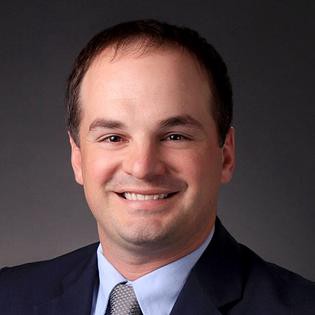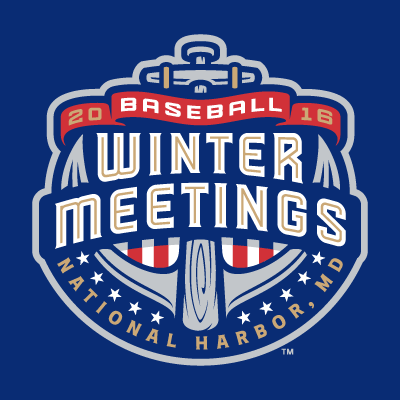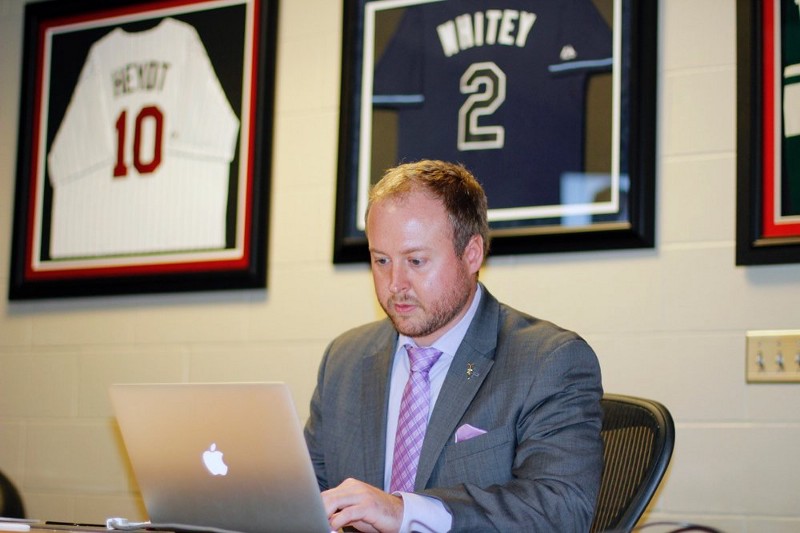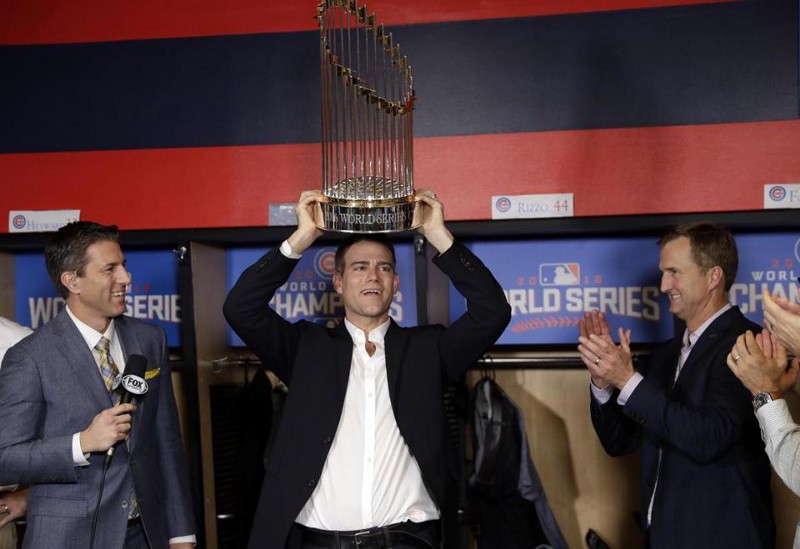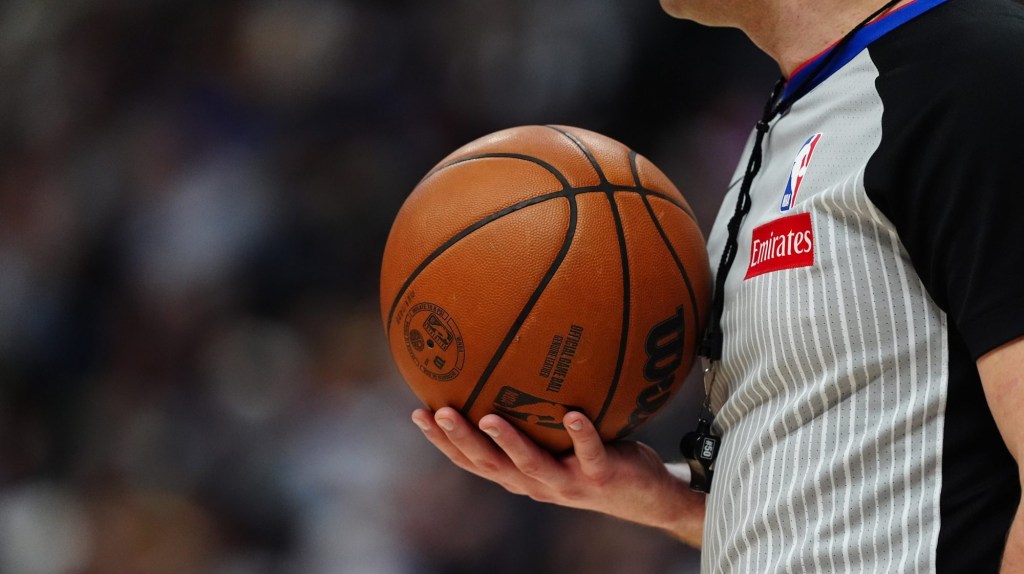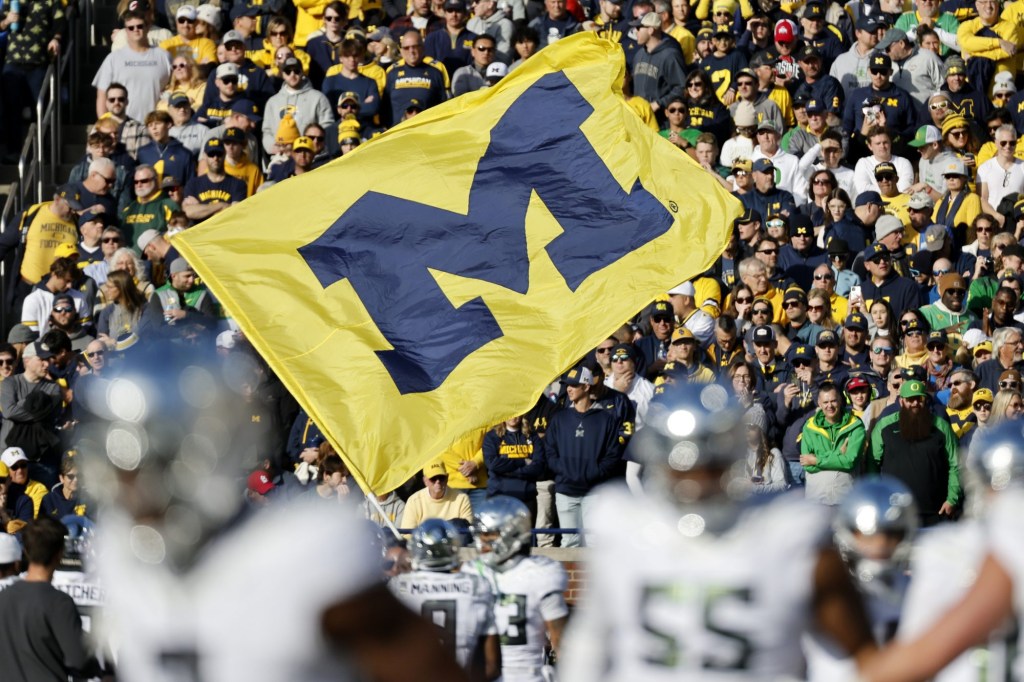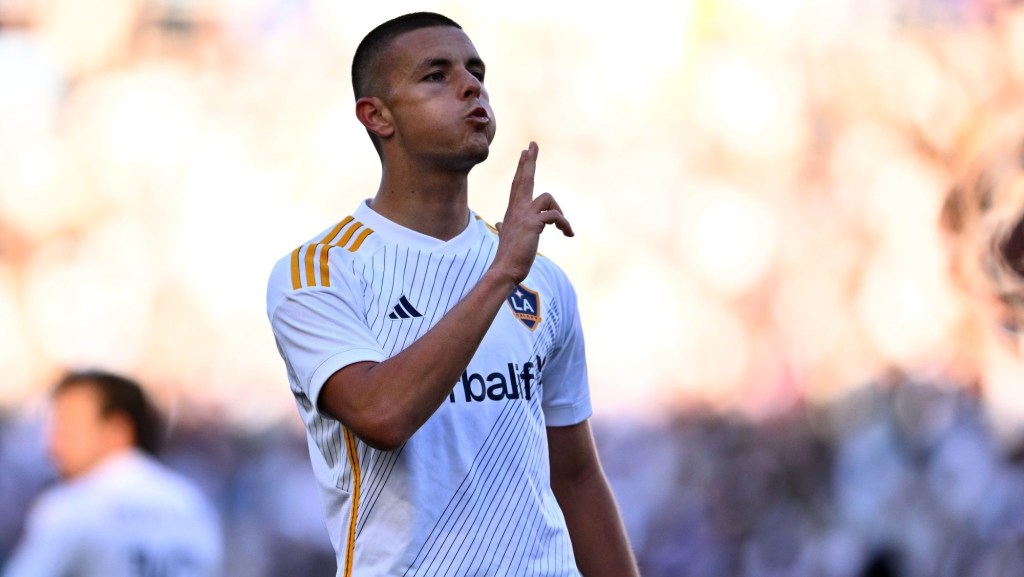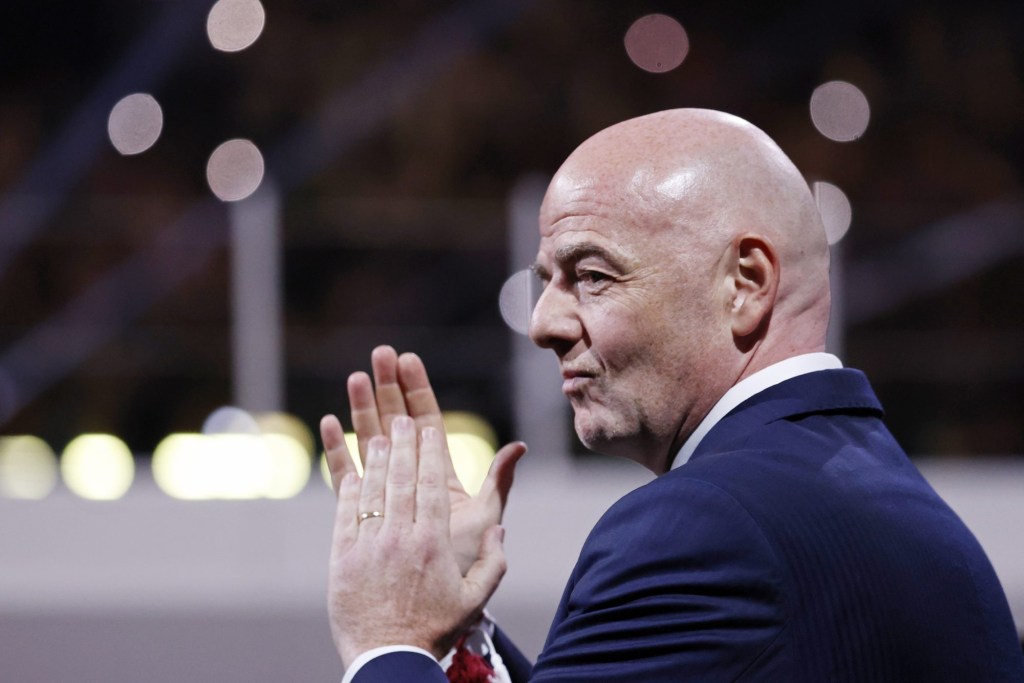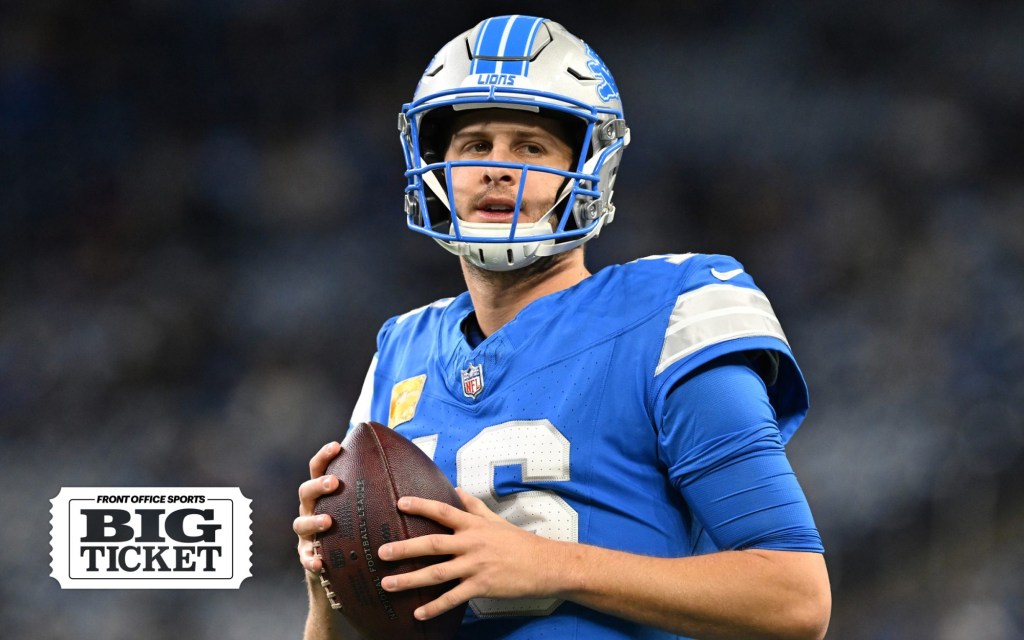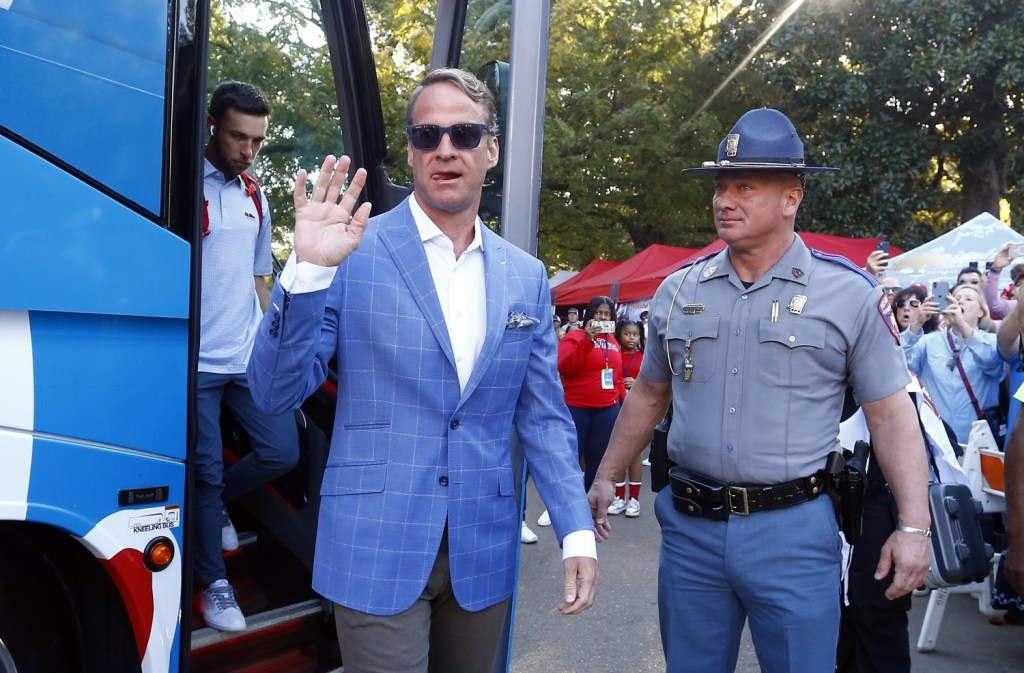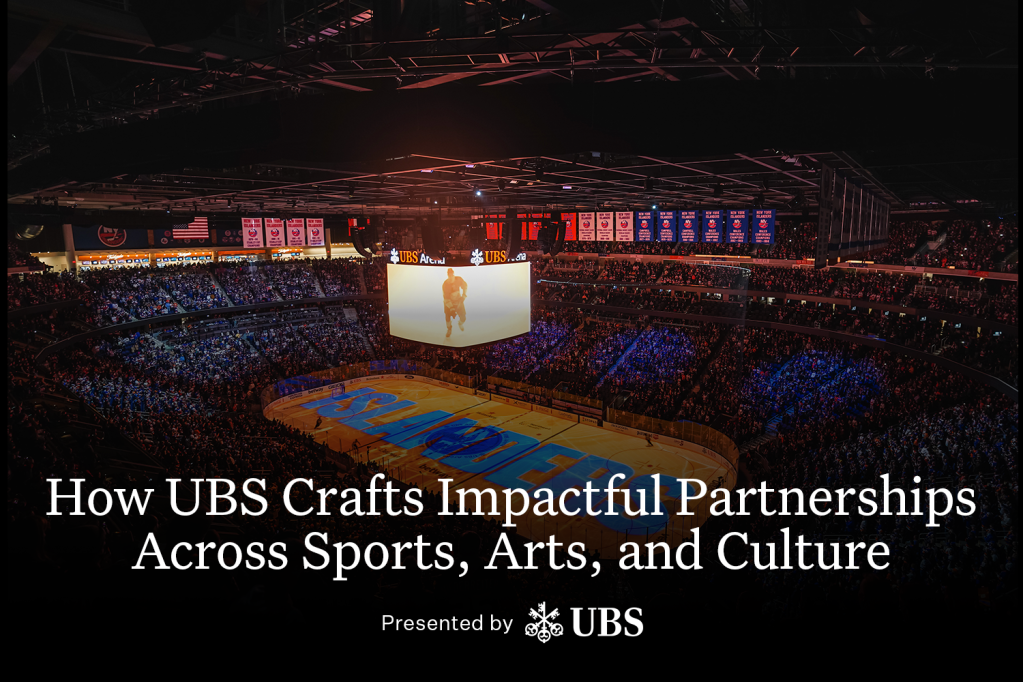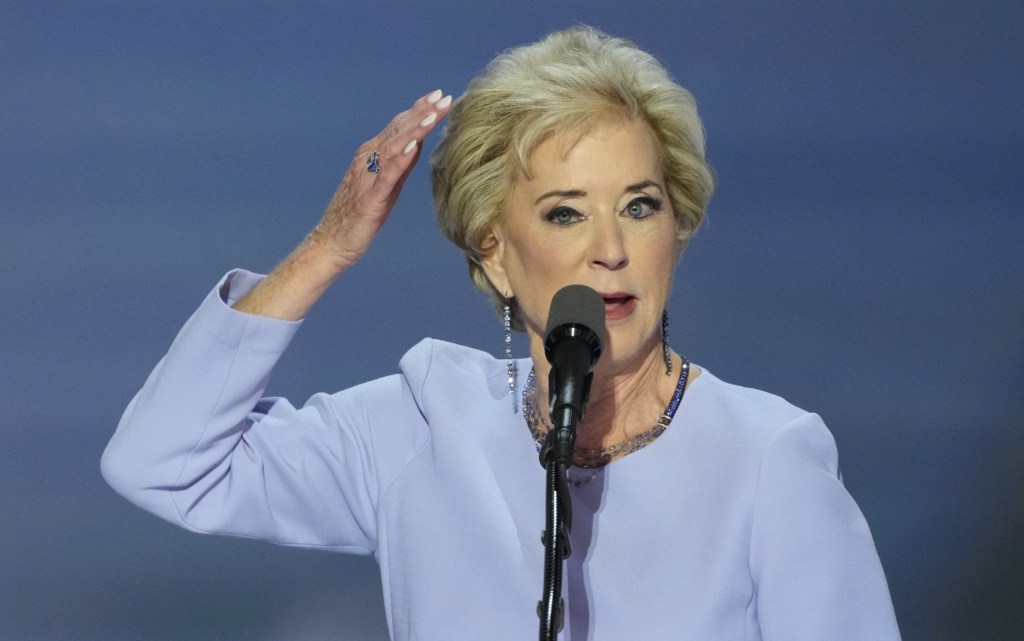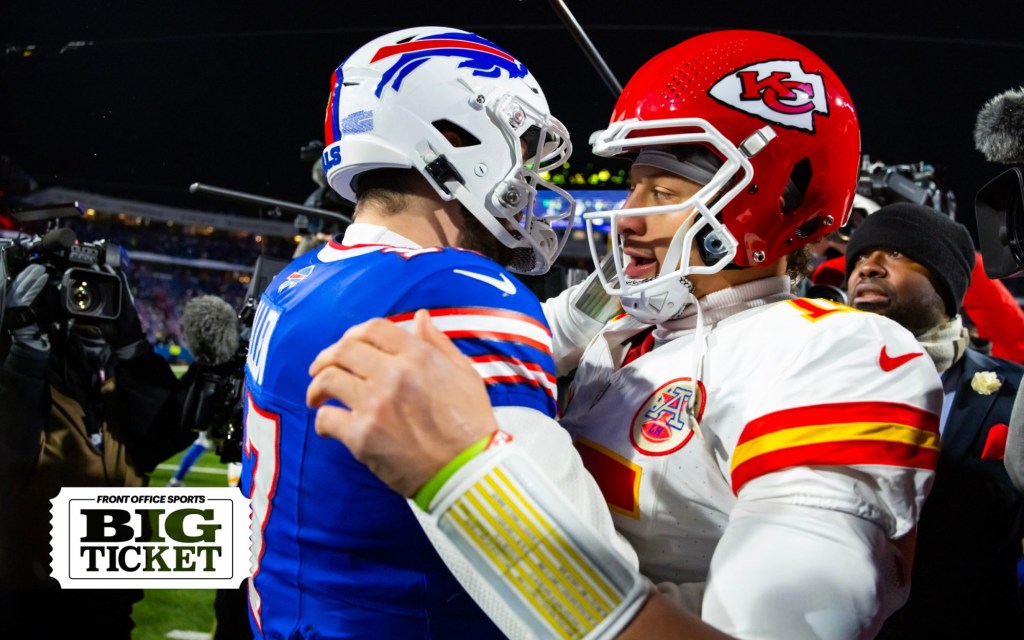By: Austin Weaver, @AustinTWeaver

Front Office Sports is excited to share some thoughts on the sports industry from Brandon Ruttley. Brandon is currently the Associate Athletic Director for External Affairs at Nicholls State University and also serves as the Executive Director of the Colonel Athletic Association. A former walk-on on the Colonel basketball team, Brandon plays in integral part in the daily external operations of his alma mater’s athletic department.
On his experience as a Student-Athlete.
“I was a walk-on with the Nicholls basketball team. As a walk-on not only do you have to pay your own way through school, but you have to do everything that a scholarship player has to do. You have to attend early morning conditioning, go to class, practice, attend study hall and then do it all over again the next day. This routine is very time consuming but it molds you into becoming a very productive adult.”
“In college athletics today you hear the media talk about how players should be paid and what they are entitled to. I personally think being a student athlete is a privilege. This experience is not something that can be purchased and only a very small percentage of people get a chance to do it. As you get older you value this experience more and more. The relationships that are built with your teammates and the lessons that you learn while competing in college athletics are invaluable.”
What is it like working at your alma mater?
“It is really rewarding to be able to move a place forward that contributed to you becoming an adult. You have a vested interest; and I believe that I work harder because I graduated from here. I also played here, so it means a lot to me when we can complete a big project. We recently completely renovated the entire men’s basketball wing and added a brand new video board in our arena. It was the first time the facility had been renovated since 1971. Having the opportunity to help fundraise for a facility that I played in was really special for me.”
How did you get to where you are?
“Originally I wanted to be a sports agent, but as I got further into my academic career, I wanted to be a pharmaceutical rep. I was able to land a job selling medical equipment, and after a few years I was asked by a company to start a new location. During that time, my wife and I moved to Thibodaux. That’s when I started working with the Colonel Athletic Association, which I am now in charge of. I was helping to raise money, and all of a sudden a position came open. It was kind of a calling, I didn’t anticipate working in sports after graduation, but somehow I found my way here. I really enjoy being an administrator in college athletics. I was successful in medical sales but it wasn’t nearly as rewarding as working in college athletics.”
“At a small school you wear a lot of hats, but some of my primary responsibilities include overseeing a corporate sponsorship sales rep, our ticket department, and the operations of the Colonel Athletic Association. We raise funds for our annual fund, facility campaigns, and I help out with football scheduling.”
“My schedule is really crazy. You always have to be on your “A” game whether that’s in the grocery store, in church or at a birthday party with your kids. It is our responsibility to positively promote the university every chance we can get. I would say that I am working 24/7 no matter where I am because that what it takes to be successful.”
Hardest part of working in sports?
“Being at a smaller school we can’t always get all of the things that we would like to supply to our coaches and student-athletes. That is one of the hardest parts, wanting to provide for people that work hard but not having the proper resources is very tough. On the flip side, when we do have the ability to get things done, it makes the work extremely rewarding. Seeing our coaches and student-athletes faces light up when they walk in to a renovated building is one of the best parts of this job.”
“Secondly I would say balancing family life with the time commitment of working in college athletics. This challenge is something that everyone in college athletics faces. You work long hours during certain sports seasons throughout the year. It is important to spend as much of your down time with your family as you can. To be good at your job you need to put in the time but the same goes for being a good family person.”
Advice for students considering a career in sports?
“Volunteer your time at the nearest college athletic department. I get a lot of resumes and I look for candidates with experience. Students will ask how to get experience. If you were a student here, walked into my office and asked to help I would put you to work immediately. Student-workers, graduate assistantships and internships are a great ways to get experience. I you can’t land one of those you should volunteer or help out. If I get 100 resumes, I’m going to split the ones with experience from the ones that don’t to trim down the pool of candidates.”
Skills needed to be successful in the sports industry.
“Persistence. You have to be persistent in athletics to be able to continually work towards a goal. I also look for someone that has the ability to learn, not someone who knows-it-all, but someone that can be a sponge and listen. Those are two of things I look at. I have an internship that I hire for every year, and I intentionally don’t follow up. I want to see who will follow up with me and how many times, and if they do things like writing a thank you note. The most persistent candidates are normally the ones I end up hiring.”
Importance of networking.
“Networking is crucial, not only with getting things done, but also for career advancement. Whenever job postings come open, most of the time the hiring manager will have someone in mind already. You have to build a network that allows you to be in a position to move up when positions open up.”
Go back and tell 20-year old Brandon something what would it be?
“I would just say, networking is crucial, especially since I’m working for my alma mater, where I’m reaching out to my former classmates who are now our donors. I would get more involved with the campus community by joining Student Government and by joining other on campus groups. The bigger your network grows the more opportunities you will have later on in life. Life to me is about who you know and not necessarily about what you know.”
We want to thank Brandon for his time and thoughts! You can follow him on Twitter here and connect on LinkedIn here!
